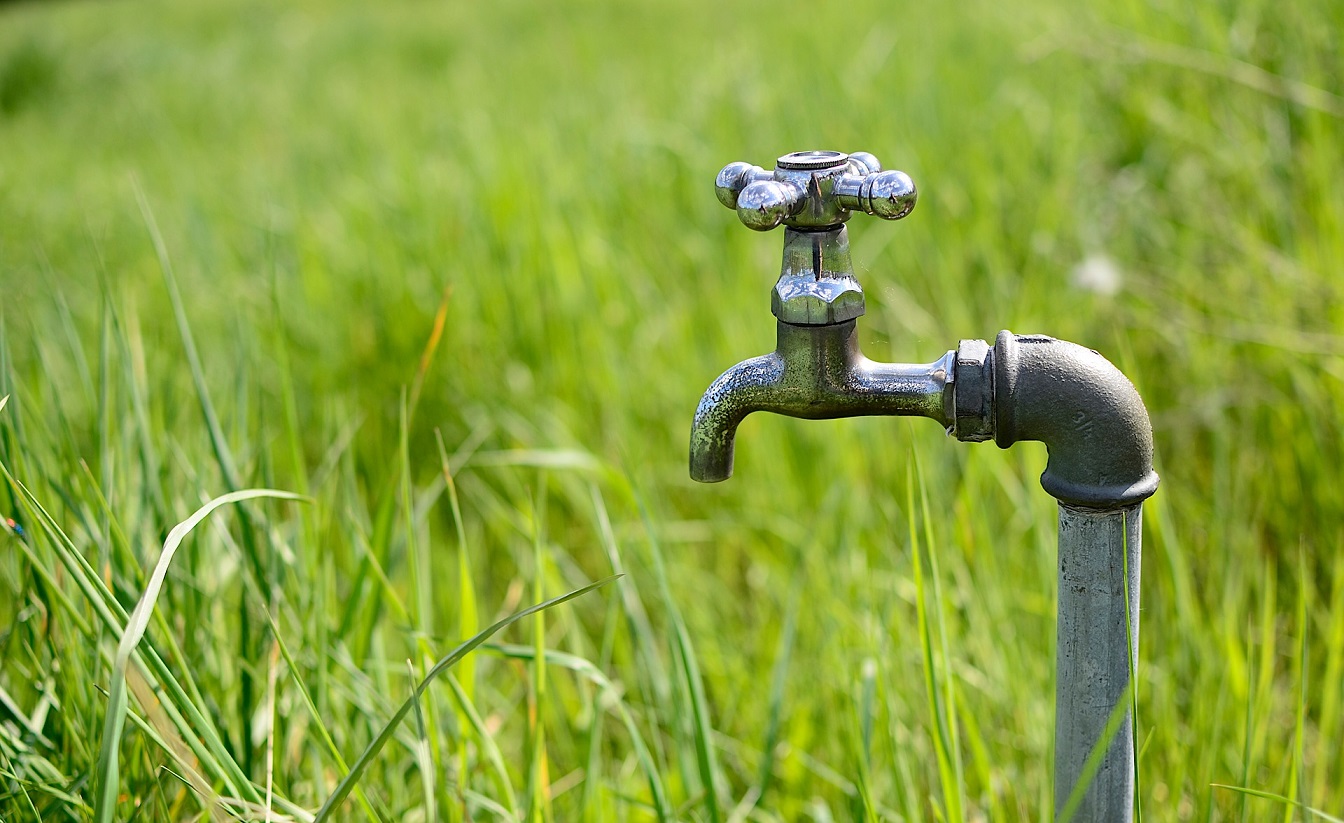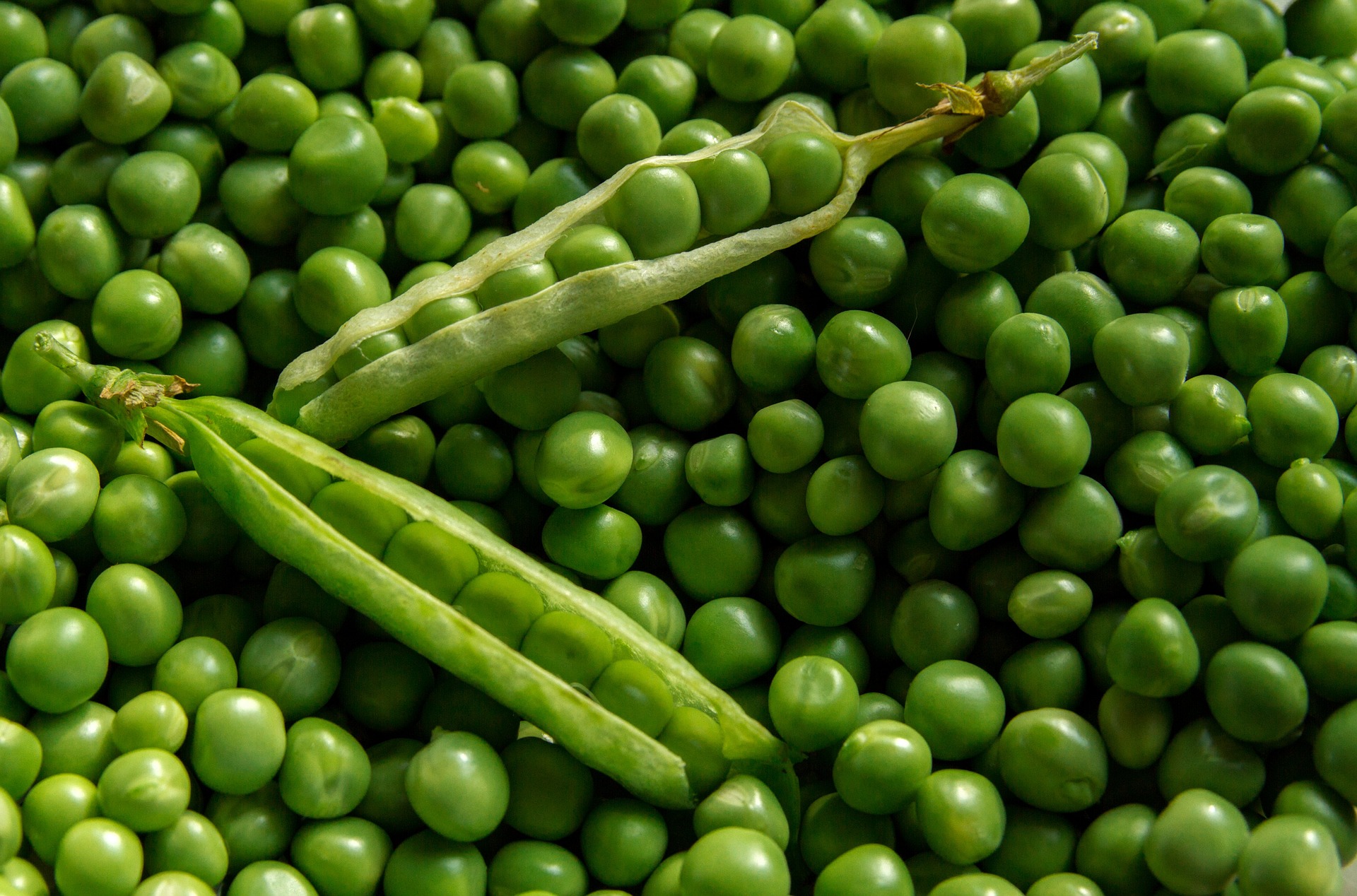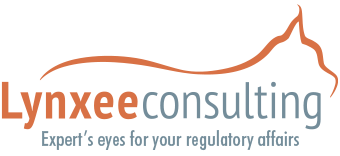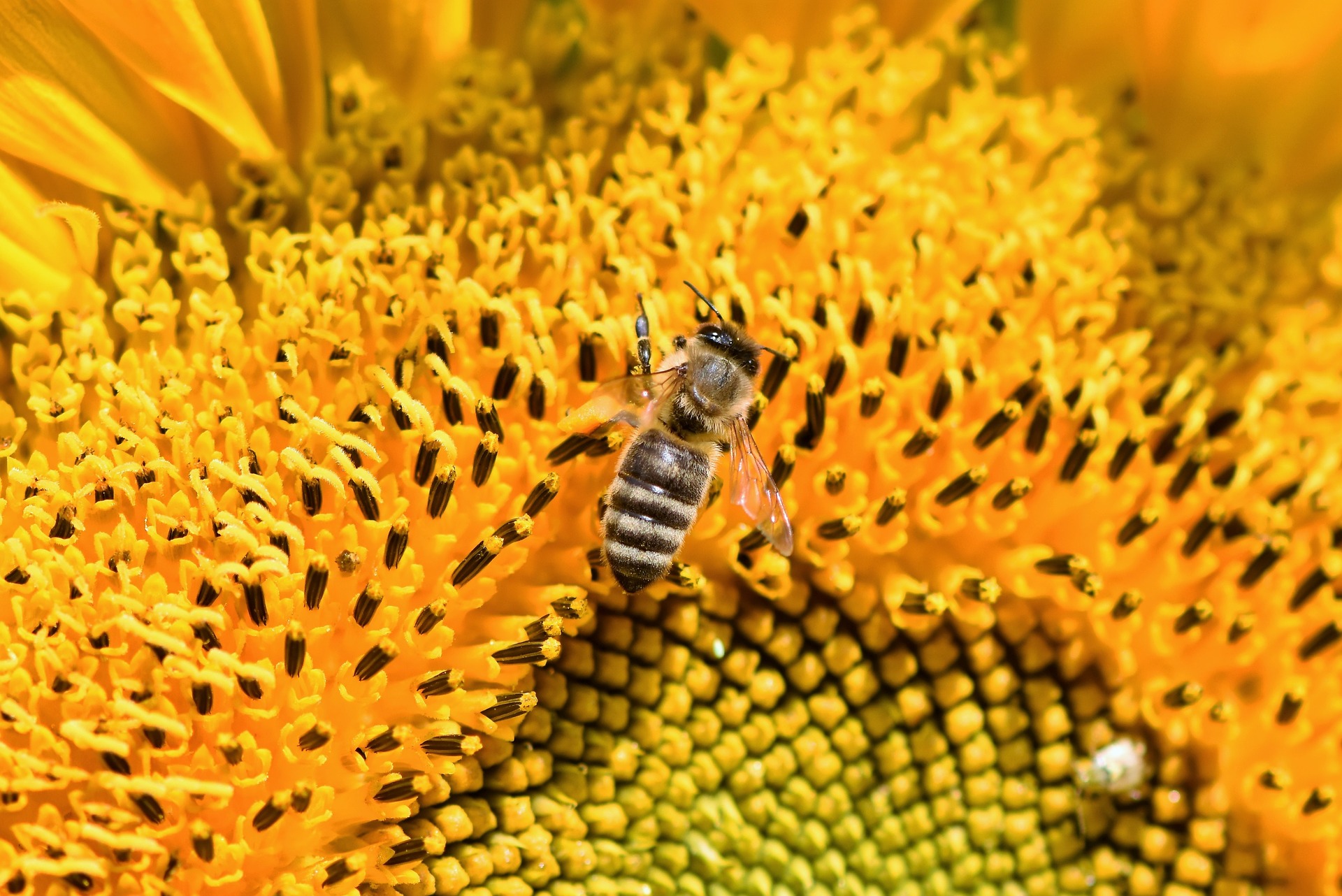
EUROPE: New PELMO and PEARL Versions Released
21 June 2021
FRANCE – ANSES: Update of the uses of the authorised products on E-Phy following the update of the national catalog
27 August 2021The Ministries of Agriculture and Environment have launched the public consultation on the draft National Plan for Pollinators (Access to consultation) and the draft “bee” Order to replace the Order of 2003 as regards the Conditions of Use of Insecticides and Acaricides to Protect Bees and Other Pollinating Insects (Access to consultation). The consultation is open until 20 July 2021.
Draft National Plan for Pollinators
The draft National plan contains various actions to be carried out over the period 2021-2026 to “act in favour of pollinating insects, wild and domestic, and of pollination”. It is articulated around six axes:
- Improving scientific knowledge (including on wild pollinator populations, and stressors affecting domestic and wild pollinator populations),
- Economic levers and supports for farmers, beekeepers and foresters,
- Supports for other activity sectors (urban development, linear infrastructure, industrial sites, sites with large land rights, protected areas),
- Preservation of bee health (e.g. strengthening of bee health monitoring),
- Regulation of plant protection products (PPPs) to protect pollinators (it includes the strengthening of the provisions of the “bee” Order of 2003 – detailed below),
- Sharing of pollinator-friendly farming practices.
Draft “Bee” Order
In order to reduce the impact of PPPs on pollinators when applied during flowering, two main evolutions were retained in the draft “Bee” Order on the basis of Anses recommendations (see our previous articles):
- Extension of the flowering-period specific assessment to all PPPs, i.e., inclusion of fungicides and herbicides:
PPP applications on attractive flowering crops and on “bee foraging areas” would only be possible “if there is no unacceptable effect on bees (acute or chronic), nor on colony survival and development”. Anses would specify the data required for the evaluation. - Limitation of the PPP application period when used on flowering crops and on “bee foraging areas”:
Applications would have to be carried out within 2 hours before sunset and 3 hours after sunset. This restriction period could be adapted or waived if measures providing an equivalent level of protection to pollinators are implemented (such measures are still to be defined with the support of Anses). Exemptions would also be possible in the case of technical deadlock.
As regards attractive plant covers under perennial crops, covers would have to be rendered unattractive to pollinators prior to any insecticide or acaricide application on crops. The other types of PPPs would not be concerned by this measure.
Transitory measures are planned for the entry into force of the new “bee” Order:
- Limitation of the PPP application period when used on flowering crops and on “bee foraging areas” would be immediately applicable to insecticides and acaricides for which an authorisation of application during flowering and/or exudate production period is already granted (current “Bee Claim” procedure), AND for PPPs other than insecticides and fungicides.
- For PPPs other than insecticides and fungicides whose authorisation renewal will be in less than 30 months after the entry into force of the new “bee” Order:
PPP application on flowering crops and on “foraging bee areas” would remain possible pending Anses risk assessment conclusions and provided that the required additional data are submitted within 30 months after the entry into force of the “bee” Order. - For PPPs other than insecticides and fungicides whose authorisation renewal will be in more than 30 months after the entry into force of the new “bee” Order AND in the case of major uses in France:
PPP application on flowering crops and on “foraging bee areas” would remain possible pending Anses risk assessment conclusions and provided that the required additional data are submitted within 48 months after the entry into force of the “bee” Order. - If the required additional data are not submitted within the deadlines (30 or 48 months), PPP application on flowering crops and on “foraging bee areas” would no longer be possible.
- A notification of the submission of the required additional data and of the uses concerned would have to be made 18 months before the submission.
- For PPPs other than insecticides and fungicides whose authorisation renewal will be in more than 30 months after the entry into force of the new “bee” Order AND in the case of minor uses in France:
PPP application on flowering crops and on “foraging bee areas” would remain possible pending Anses conclusions on the renewal dossier. The required additional data would have to be submitted with the renewal dossier with no specific notification needed.
Given the current timeline, the new “bee” Order could be released by the end of 2021.
European context
The strengthening projet of the French measures for pollinators happens in a context of evolution of the pollinator protection policy at European level, with the current revision of the EFSA guidance document (EFSA Journal 2013;11(7):3295; see our previous articles) and with the revision of the uniform principles for evaluation and authorisation of PPPs as regards pollinators (Regulation (EU) No. 546/2011).
On 28 June 2021, a majority of Member States voted in favour of the European Commission’s proposal for a protection goal of 10% as a maximum permitted level of honeybee colony size reduction. This threshold will now be integrated into the draft updated EFSA guidance document for finalisation. The final version could be released by the end of 2021.
As regards uniform principles, their revision could take place in the first half of 2022.
To download (in French):
Draft National Plan in Favour of bees and other pollinating insects – Version of 28.06.2021 for Public Consultation.
Draft Order as Regards the Protection of Bees and Other Pollinating Insects and the Maintenance of Pollination Service when Using Plant Protection Products – Version of 28.06.2021 for Public Consultation.
See also our previous articles:
FRANCE – Anses: Recommendations for the Risk Assessment for Bees and Other Pollinators
FRANCE – ANSES: recommendations to strengthen the protection of bees
EUROPE-EFSA: Latest Progress in the Revision of the 2013 Bee Guidance
Lynxee consulting’s team is at your disposal to answer your questions.
Contact us! https://lynxee.consulting/en/contact/


